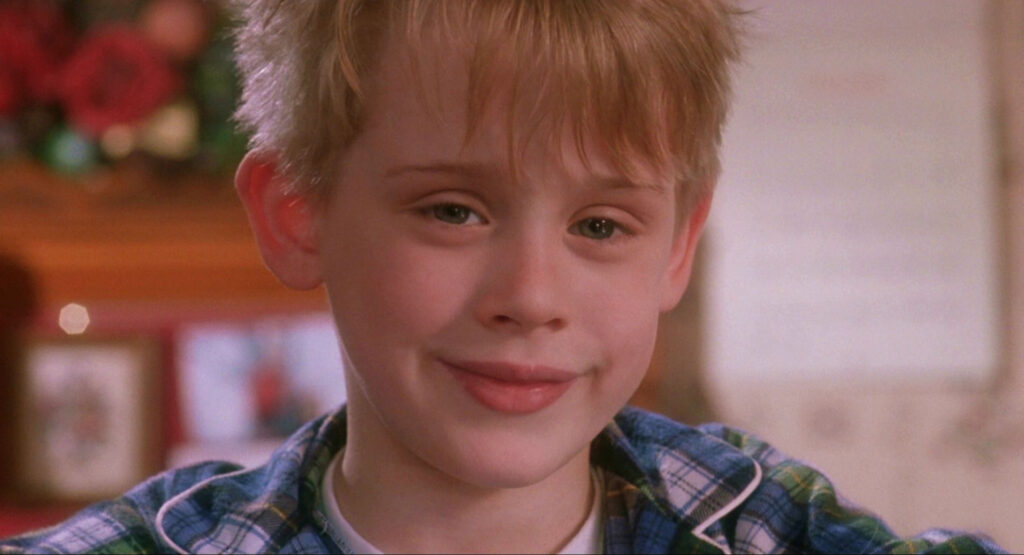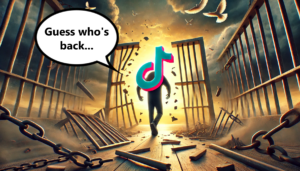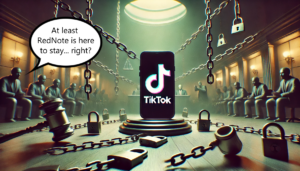If you were a teenager growing up in the 90s or early 2000s, child stars like Macaulay Culkin, Mary Kate and Ashley Olsen, and Hillary Duff were household names and larger-than-life personalities. While these child stars gained popularity through movies and television appearances, children these days can grow a following simply by starting a social media channel (with their parent’s consent) and talking about what they love. Take for example Ryan Kaji, a Youtuber who started reviewing toys on his channel at the age of 4 and last year was listed by Forbes as having a net worth of $27 million.1 Even though the scope of Kaji’s success is rare, it begs a question – what protections are in place to safeguard the money children make through social media fame? Last week Illinois became the first jurisdiction to pass a law (the “Illinois Law”) aimed at protecting the wealth of children under the age of 16 who appear in certain monetized social media content (“Kidfluencers”). This blog will examine the Illinois Law, some other child entertainer laws that are relevant in the Canadian context, as well as how brands and companies can protect themselves if they use Kidfluencers in their content.
Child Entertainer Laws & the Illinois Law
The most well-known law in the US that governs child entertainers is the Coogan Act, which applies to child entertainers in California.2 The Coogan Act requires 15% of all minors’ gross earnings from their performances to be set aside in a trust account. Child entertainer laws vary by state, and New York, Illinois, Louisiana, and New Mexico have similar requirements regarding trust accounts for child entertainers performing in those states.3
As of July 1, 2024, Illinois will be the first state to implement a law similar to the Coogan Act, which is intended to protect Kidfluencers that appear in a Vlogger’s social media video content (“Vlogs”) in Illinois. “Vlogger” in the Illinois Law is defined as:
“An individual or family that creates video content, performed in Illinois, in exchange for compensation, and includes any proprietorship, partnership, company, or other corporate entity assuming the name or identity of a particular individual or family for the purposes of that content creation. Vlogger does not include any person under the age of 16 who produces his or her own vlogs”.4
Notably, since the definition of “Vlogger” specifically excludes “persons under the age of 16 who produces his/her own vlog”, the Illinois Law does not protect Kidfluencers that produce their own content, but rather, it only applies to Kidfluencers that appear in other Vloggers’ content. An example of the distinction is that the Illinois Law would not apply to a 12-year-old who produces and publishes his own cookie reviews, but the Illinois Law could apply to a Vlogger who frequently features their 12-year-old child within their monetized video content (subject to the thresholds below).
Thresholds of the Illinois Law
Even though the Illinois Law has been passed and will soon be law, this does not mean that parents are required to set up trust accounts for their children just by featuring their children on a social media page (the trust account still may not be a bad idea – but nothing in this blog is legal advice).
The Illinois Law only discusses social media posts in the context of video content/Vlogs (ie, there is nothing about “static” posts), and the trust account would only be relevant if the Vlog was monetized or generating revenue while the Kidfluencer appeared in the video. Additionally, the Illinois Law would only apply to a Vlogger and Kidfluencer if, during the previous 12-month period (the “Reporting Period”);
- at least 30% of the Vlogger’s compensated video content produced within a 30-day period included the name, image, or likeness of the Kidfluencer; and
- the number of views received per video on any platform met the platform’s threshold for generating compensation OR the Vlogger received actual compensation for the video equal to or greater than $.10 per view (collectively, the “Criteria”).5
Therefore, a Chicago parent making a one-off Instagram post or video about their child’s preschool graduation would not be at risk of violating the Illinois Law. Alternatively, the Illinois Law would be more likely to apply if a Chicago parent was posting Vlog updates every day of their child’s pre-school journey and in the process secured a Huggies sponsorship for at least one of the Vlogs (and the rest of the Criteria was satisfied).
Requirements of the Illinois Law
The Illinois Law outlines that a Vlogger must set aside a portion of gross earnings in a trust account for Kidfluencers who appear in Vlogs which meet the Criteria, and the funds can only be accessed by the Kidfluencer once they turn 18.6 The amount that must be deposited into the trust account is stated as “at least half of the content percentage that includes the Kidfluencer”.7 For example, if the Kidfluencer and a Vlog have met the Criteria and the Kidfluencer appears in 5% of a monetized Vlog, the Vlogger would have to set aside at least 2.5% of the Vlog’s gross earnings to the Kidfluencer’s trust account. If there is more than one Kidfluencer involved in such content, the minimum half percent would need to be equally split between all Kidfluencers eligible to receive trust funds.
Other documentation is also required to be provided to the Kidfluencers that appear in Vlogs on an ongoing basis (whether or not the Criteria are met). For example, documentation regarding the number of Vlogs that met the Criteria during the Reporting Period and the total number of minutes each Kidfluencer was featured in Vlogs during the Reporting Period.8
Child Entertainers in a Canadian Context
Similar to the US, child entertainer laws vary by province in Canada, and both Ontario9 (the “Ontario Law”) and British Columbia10 (the “BC Law”) have legislation governing child entertainers in their respective provinces. The Ontario Law applies to child entertainers under the age of 18 while the BC Law applies to child entertainers under the age of 15. Despite this difference, both laws provide that if a child in the entertainment industry earns more than $2,000 from a production, the employer must remit 25% of those earnings to a trust account for the benefit of the child.11 In Ontario, this requirement is subject to certain exceptions such as if the child is part of a union or professional association which negotiates on the child’s behalf.12
While the Ontario and BC Laws do not technically apply to “Kidfluencers”, the BC Law defines the entertainment industry as the “film, radio, video or television industry”13, and the Ontario Law explicitly provides a section for “child [entertainers] and employers in the “recorded entertainment industry”14 Even though we have not yet seen an enforcement action brought by a Kidfluencer or parent under these statutes in Canada, a very creative litigant may be able to make an argument (albeit a weak one) that these statutes would apply to a Kidfluencer.
The passage of the Illinois law is extremely encouraging for the influencer industry, and we are hopeful that other states and provinces will follow suit as the prevalence of Kidfluencers continues to rise. Brands and agencies need to understand their obligations with respect to hiring Kidfluencers for campaigns, as child entertainer laws can vary depending on where the Kidfluencer, brand, and/or agency is located. Brands and agencies also want to ensure that they have proper communication with a Kidfleuncer’s parent or guardian with respect to a contract and the Kidfluencer’s obligations to ensure the contracts are valid and enforceable. If a Kidfluencer is represented by a talent agency, don’t be afraid to ask for evidence and more information from the agency about its authorization to represent the Kidfluencer. If you have any questions about your campaigns, contracts, or laws with respect to Kidfluencers in your jurisdiction, please don’t hesitate to reach out to zack@gmelawyers.com.
1 The Highest Paid Youtube Stars,Forbes, Abram Brown and Abigail Freeman, January 14, 20222 Coogan Law, SAG AFTRA.
3 Ibid.
4 820 ILCS 205 new (“The Illinois Law”) at 0.5.
5 The Illinois Law at 2.6(a).
6 The Illinois Law at 12.6(b)(3).
7 The Illinois Law at 12.6(a)(1).
8 The Illinois Law at 2.6(c).
9 Protecting Child Performers Act, 2015, S.O. 2015, c.2 (the “Ontario Law”).
10 Children in Recorded Entertainment Industry – Regulation Part 7.1, Division 2 (the “BC Law”).
11 Ontario Law at 8(1), BC Law at 45.15.
12 Ontario Law at 8(1).
13 BC Law at 45.5(1).
14 Ontario Law at 9.




